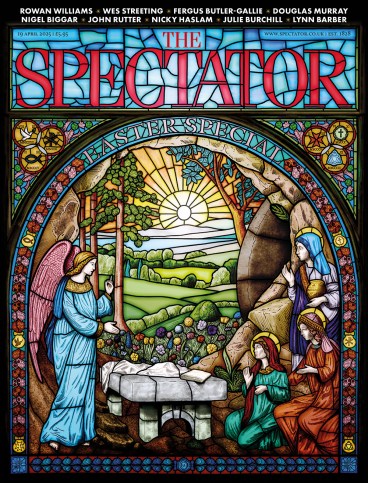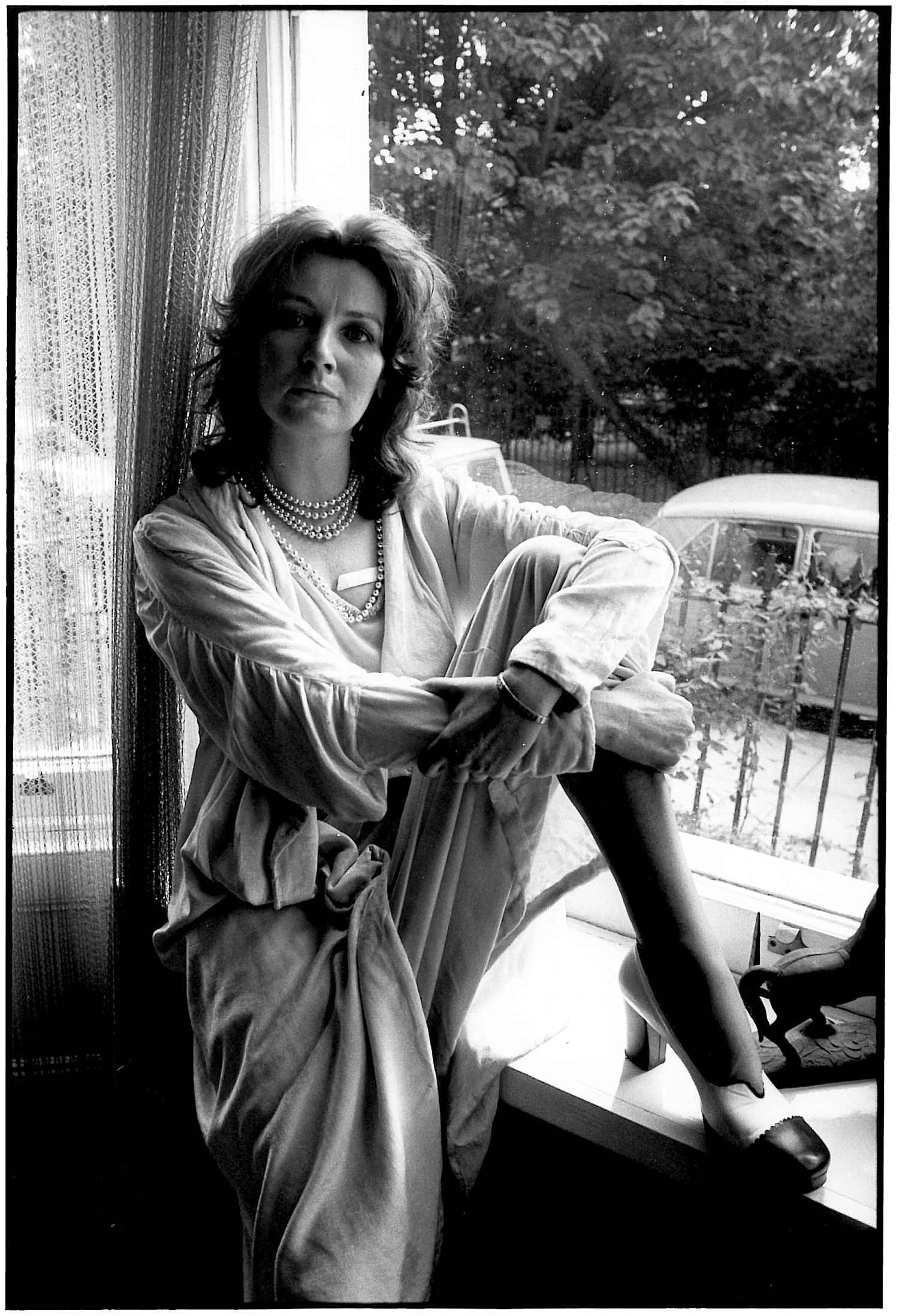
You could say it’s impossible to make a poor documentary about the writer Edna O’Brien as she’s never said or done anything uninteresting in her life. Point a camera and we’re away. But Sinead O’Shea’s Blue Road: The Edna O’Brien Story is especially rewarding as it is not only beautifully constructed but also includes diary entries that have never been made public before, plus an interview conducted with O’Brien in July last year just before her death. She was 93 and frail but as extraordinarily vivid as ever. She was born, she says, ‘ravenous for life’ and, blimey, what a life it was.
O’Brien was born, she says, ‘ravenous for life’ and, blimey, what a life it was
When I was growing up, there was no teenage fiction to speak of so we went straight from Ballet Shoes to whatever was on the bedside table of our mother. Luckily, my mother had O’Brien, and The Country Girls. I still have that paperback, which I’ve returned to many times, and I’ve read all her other novels (there are 20). She fearlessly and thrillingly told the truth about the female experience, which is not something I ever took away from the books at my father’s bedside (cricket, military, Wilbur Smith). She also carved her own path despite many attempts to bring her into line. The Country Girls (1960) was banned in her native Ireland, while her father said she deserved to be ‘kicked naked down the street’. When she ran off with the writer Ernest Gebler, they bolted to the Isle of Man, thinking they’d be safe there, but woke up to find her father, her brother, a neighbour, her sister’s boss and an abbot at the gate. The abbot ‘held up the gold crucifix and made the sign of the cross over me’. Her brother dragged her out – ‘He asked if I’d had intercourse. I said I had’ – and then Ernest was beaten up. She is incapable of recounting a duff anecdote.
Like the women in her novels she was endlessly punished for desiring more than domestic and sexual servitude
Jessie Buckley reads out her diary entries while we’re offered a selection of talking heads (including those of her two sons). There’s plenty of archive footage. She was a chat-show favourite. There is footage of her father performing his jovial-Irishman shtick and singing ‘Danny Boy’, while she watches on. ‘I look terrified,’ she says. Her father was a violent drunk. Her mother, she says, endured ‘bullying, kicking, drinking, beating’. Gebler became insanely jealous of her success and made her hand her royalty cheques over to him. When she once refused, he grabbed her by the throat until she submitted. Like the women in her novels she was endlessly punished for desiring more than domestic and sexual servitude. O’Shea discovers that Gebler had written sneering taunts over her diary entries. It’s chilling, although when he calls her mother ‘a suspicious, slit-eyed peasant’ I did laugh.
After their divorce, she set up house in Chelsea, where she hosted legendary parties, slept with Robert Mitchum – ‘more handsome than in his films’ – and tried to sleep with Marlon Brando (his body was ‘taut like an animal ready to spring’). You see? Never a dull moment. And I’ve barely scratched the surface. This is a tender, gripping portrait that is rightly admiring without ever being hagiographic. If she had the one fear it was that, in living life so ravenously, it obscured the writing. She asserts: ‘A lot have thought I’m a flibbertigibbet. That is not who I am. I am someone else.’ What she was, always, was ferociously herself.







Comments